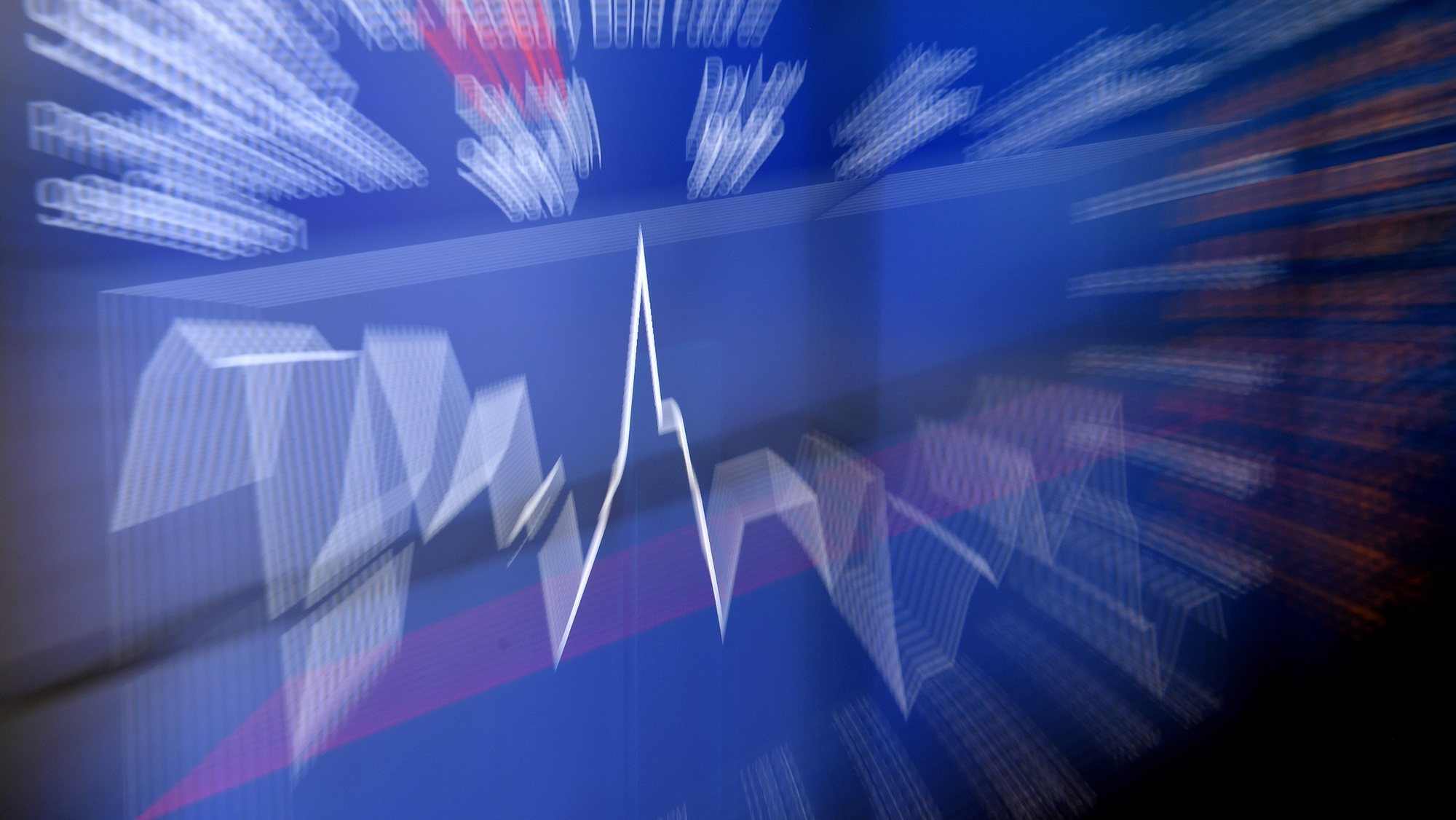The average Euribor at 3, 6 and 12 months shoots up to 1,011%, 1,596% Y 2,233% in September, against 0.395%, 0.837% and 1.249% in August.
This Friday, the last day of September, the Euribor rates rose to three and six months and fell to 12 months compared to Thursday.
The six-month Euribor, the most used in Portugal for home loans and which entered positive territory on June 6, advanced today to 1.809%, an increase of 0.009 points, after having risen to 1.858% on Wednesday , maximum since January 2009 .
The six-month Euribor went from 0.837% in August to 1.596% in September.
Credit interest skyrockets. What can families (and the government) do?
The six-month Euribor was negative for six years and seven months (between November 6, 2015 and June 3, 2022).
The three-month Euribor, which entered positive territory on July 14 for the first time since April 2015, also advanced this Friday, standing at 1.173%, plus 0.013 points, after having risen on September 27 to 1.228%, new high since January 2012.
The three-month Euribor was negative between April 21, 2015 and July 13, 2015 (seven years and two months).
The three-month Euribor went from 0.395% in August to 1.011% in September.
On the other hand, in a period of 12 months, the Euribor fell this Friday, for the third time since September 9, when it was set at 2.556%, minus 0.022 points, compared to 2.625% on September 27, a new maximum since February. from 2009.
After shooting up to 0.005% on April 12, positive for the first time since February 5, 2016, the 12-month Euribor has been in positive territory since April 21.
The 12-month Euribor went from 1.249% in August to 2.233% in September.
The Euribor began to rise more significantly since February 4, after the European Central Bank (ECB) admitted that it could raise official interest rates this year due to the increase in inflation in the eurozone and the trend was reinforced with the start of the Russian invasion of Ukraine on February 24.
On September 8, the ECB raised the three reference interest rates by 75 basis points, the second consecutive increase this year, since on July 21 it had raised the three reference interest rates by 50 basis points, the first rise in 11 years, with the aim of curbing inflation.
At the end of the last meeting, ECB President Christine Lagarde said that the historic 75 basis point increase in interest rates is not the “norm”, but stressed that the evaluation will be done on a meeting-by-meeting basis.
The evolution of the Euribor interest rates is closely linked to the increases or decreases in the official interest rates of the ECB.
The Euribor at 3, 6 and 12 months registered its historical minimum, respectively, of -0.605% on December 14, 2021, -0.554% and -0.518% on December 20, 2021.
The Euribor is set by the average of the rates at which a group of 57 banks in the eurozone are willing to lend money to each other in the interbank market.
Source: Observadora
